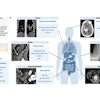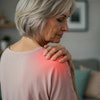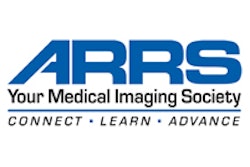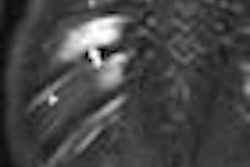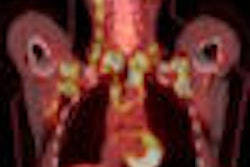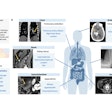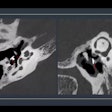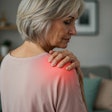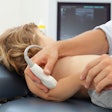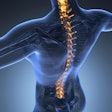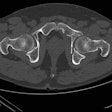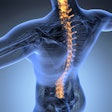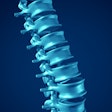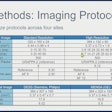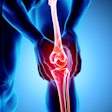Dear Musculoskeletal Imaging Insider,
The recent American Roentgen Ray Society (ARRS) annual meeting in Boston provided a bounty of new musculoskeletal research, such as a study from Loma Linda University Medical Center and Thomas Jefferson University Hospitals that showed that noncontrast MRI of the shoulder is an effective way to diagnose adhesive capsulitis, also known as frozen shoulder.
The research, led by Dr. John Kim from Loma Linda, also offers several recommendations on how to increase the confidence in adhesive capsulitis diagnosis. More details are available in this issue's Insider Exclusive by clicking here.
Although whole-body MRI using a short-tau inversion recovery (WB-STIR) sequence detects some bone contusions and fractures not found on initial radiographic bone surveys, the technique may not be ready to replace radiography in the initial assessment of traumatic injury in cases of suspected child abuse.
That finding is from a new study by researchers from Rhode Island Hospital and Brown University in Providence, RI, that compared WB-STIR's efficacy with radiographic bone surveys in evaluating nonaccidental trauma among children.
MRI is a must-have in the emergency department for physicians scanning elderly female patients who present with complaints of pelvic or hip pain. A study from Duke University Medical Center in Durham, NC, found a 12.7% rate of fracture identification with MRI in this patient population after negative plain-film evaluation and an overall plain-film accuracy of 75.7%, excluding equivocal reads.
Finally, in non-ARRS news, researchers from Berlin and San Francisco believe CT could become an important player in the emerging field of structural bone assessment. The advanced osteoporosis test outperforms bone mineral density analysis for gauging the strength and structural integrity of bones. More from staff writer Eric Barnes is available here.
Be sure to keep in touch with the latest news and relevant research reports by visiting the Musculoskeletal Imaging Digital Community regularly.

